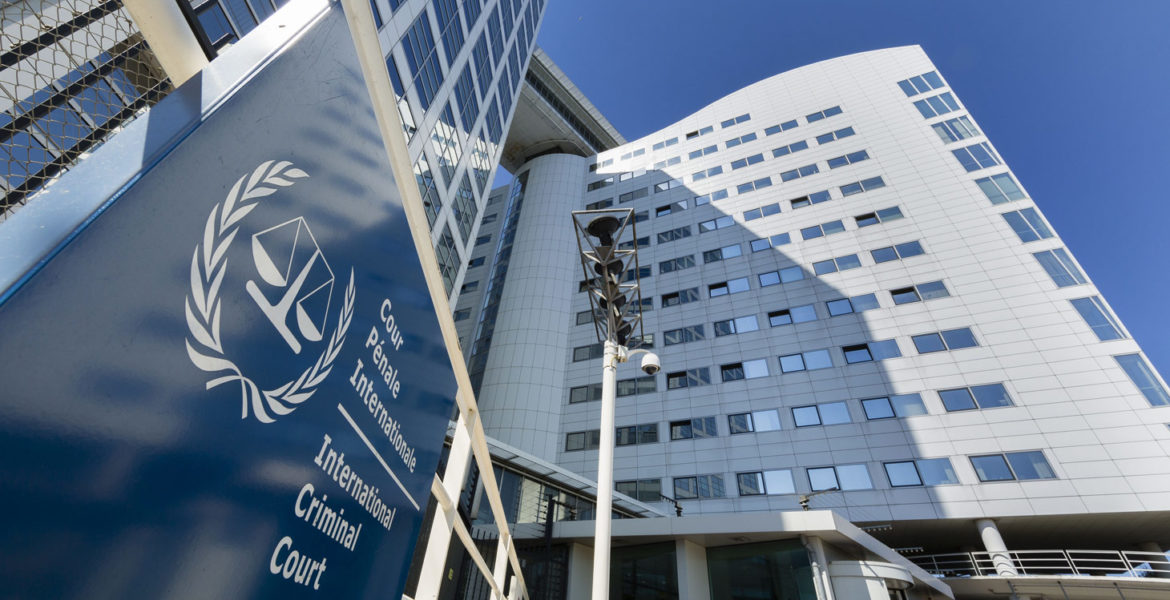As the Philippines’ withdrawal from the International Criminal Court (ICC) becomes official on Sunday, March 17, it vowed to continue its probe on President Rodrigo Duterte’s war on drugs even after the withdrawal takes effect.
Philippine Coalition for the ICC (PCICC) lead counsel Romel Bagares said that the international court ensured that all proceedings which started before a withdrawal will remain in effect even after the withdrawal.
“If by lack of timely court action, the unilateral withdrawal by the Executive becomes effective we are still bound to cooperate with the ICC in respect of events and acts prior to the effective date of such withdrawal,” Bagares said as reported by Rappler.
However, PCICC counsel Arpee Santiago said that the withdrawal would prevent the court from receiving “new information” after the date it takes effect which falls on March 17, so the alleged extrajudicial killings after that may no longer be examined.
“Any new information would have to be up until March 16, 2019, only because after March 17, 2019, any new cases, any new allegations for events occurring after March 17 (will no longer be taken),” Santiago said.
Palace: ICC violates its own provisions
Presidential spokesperson Salvador Panelo said that the ICC cannot proceed with their investigation after the withdrawal since doing so would be against the regulation of the international court.
“We have [been] pointing out that the ICC itself has been violating its own provisions, because, under the law, you cannot proceed when, assuming there’s a withdrawal because they’re saying we can proceed with the investigation even if there’s withdrawal,” Panelo said.
“But under the law, it says that they can proceed only if there is a preliminary investigation prior to the withdrawal. But there was no preliminary investigation. There was only preliminary examination,” he added as reported by The Philippine Daily Inquirer.
The spokesperson and chief legal counsel defended that the South African High Court has no jurisdiction over the Philippines. He emphasized that the country was not a member, to begin with.
“In the first place, from the very beginning they cannot be doing any investigation because as we pointed out to them, it never acquired jurisdiction over the Philippines from the very inception,” Panelo said.
“It does not matter to us because they have no jurisdiction over us. If they force itself to acquire jurisdiction, it only shows that from the very start talagang hindi dapat pumapasok diyan sa ICC dahil (no one should join the ICC since) it’s violating its own provisions,” he added.
Panelo clarified that neither the administration nor the Office of the President withdrew from the international court. He said that they explained to the ICC that the Philippines was never a part of their jurisdiction.
“Let me restate our position on the matter. One, we said we didn’t even withdraw, we said from the very beginning we were not under its jurisdiction. That letter was only to inform them as a matter of courtesy that, excuse us, we have not been under your jurisdiction from the very start,” Panelo said.
“As argued by the president, there is a requirement of publication and that was never published, hence there’s no jurisdiction over his person and for that matter, over any person in this country,” he added.
The high court is presently evaluating 52 cases alleging crimes against humanity. In February 2018, it launched its preliminary examination on the brutal war on drugs, which was accused to have killed thousands of suspected drug criminals, mostly poor. The administration perceived the judicial system as “robust.”
“We have a robust judicial system. We’ve been prosecuting people and we have convictions as well as acquittals,” he said. (Nathalie Robles/AJPress)










